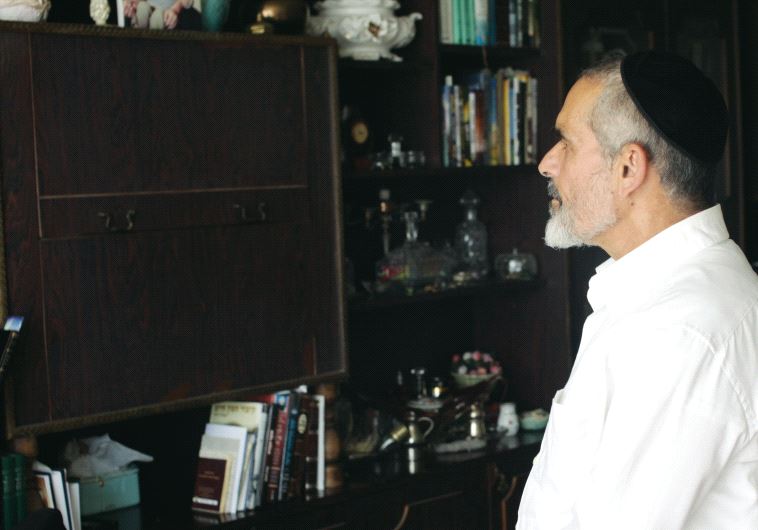The lost generation: The mystery of Israel's disappeared children
Hundreds of babies from Yemenite and Sephardi families disappeared shortly after they were born, or when they had been hospitalized.
 Zvi Amiri was taken from his parents as a newborn and adopted by a Ashkenazi family(photo credit: RA’ANAN COHEN)Updated:
Zvi Amiri was taken from his parents as a newborn and adopted by a Ashkenazi family(photo credit: RA’ANAN COHEN)Updated: